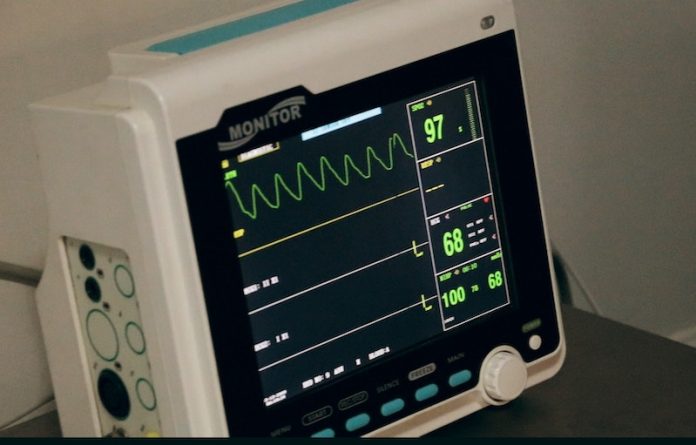
Atrial fibrillation, often called “AFib,” is when the heart beats in an irregular and sometimes very fast way.
This can cause blood clots in the heart, which might lead to bigger problems like a stroke.
Many people in Europe, around 10 million, have AFib, with 700,000 of them in Spain.
The Old Way vs. The New Way
Usually, doctors looked at how long a person had AFib to understand their situation.
But this didn’t give a full picture. It’s like knowing how long a pot has been boiling but not knowing how hot the water is.
David Filgueiras, a heart doctor and leader of this study, tells us they’ve found a new way to look at AFib.
Before, they couldn’t measure both the heart’s electric signals and its pumping action at the same time. But now, they can.
The Big Breakthrough A big team of experts from many places worked on this project for 10 years.
They figured out a way to measure the heart’s electric signals and its pumping action without having to touch the heart. It’s like watching and listening to the heart from the outside.
They looked at 83 patients who had just started showing signs of AFib. They found out that sometimes the heart’s electric signals and pumping action don’t match.
Imagine a drummer and a dancer. If the drummer goes too fast, the dancer can’t keep up. This mismatch happens especially in the early days of AFib.
This mismatch is a sign. It’s a hint that AFib is getting worse. By spotting this early, doctors can better help their patients.
Why is This Important?
This new method is like a better magnifying glass for doctors. They can see the problem earlier and clearer. And since they don’t need to touch the heart, it’s easier and safer for patients.
This will change how doctors help people with AFib. It means better care for many people.
Dr. Filgueiras said that by using this new way, doctors can get a better idea of how AFib will affect each person.
Other experts, like Julián Pérez Villacastín, believe this research will lead to more personalized treatments for AFib patients.
In short, this new approach is a big step forward in understanding and treating a common heart problem.
If you care about heart disease, please read studies that this simple blood test could help reduce heart disease deaths, and this hormone may reduce inflammation, irregular heartbeat.
For more information about heart health, please see recent studies about how magnesium helps protect your heart rhythm, and results showing drinking coffee this way may prevent heart disease, stroke.
The study was published in Nature Communications.
Follow us on Twitter for more articles about this topic.
Copyright © 2023 Knowridge Science Report. All rights reserved.



